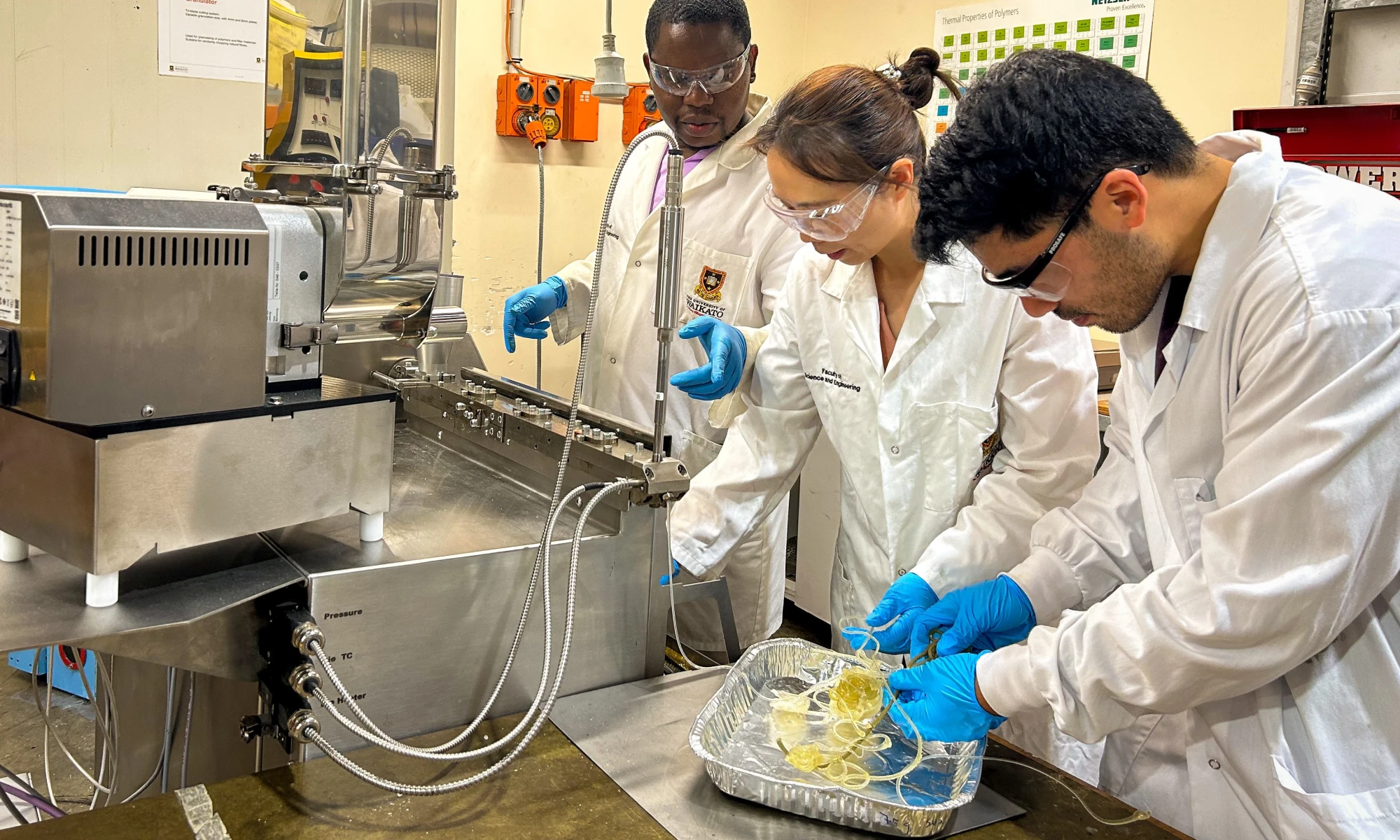Materials and Processing

Why study Materials and Processing?
By studying Materials and Processing at the University of Waikato, you will learn how to add value to raw materials used to manufacture a number of useful products, while minimising waste. These products can be as varied as dietary formulae, foods, ceramics that can withstand high temperatures, new metal alloys, pharmaceuticals, laminated boards, functional proteins, and composites.
Materials and processing skills are used in industrial and other activities where materials are undergoing chemical, biochemical or physical changes.
At Waikato you will learn about process science, which involves knowing how to prepare raw materials, how to make reactions occur, and how to separate and purify products. You will understand how to limit and treat wastes, minimise energy use, and consider sustainable processes.
Facilities
Students can work in specialised laboratories including the Large Scale Lab complex that features a suite of workshops and laboratories dedicated to engineering teaching and research, such as 3D printing, a mechanical workshop and computer labs with engineering design software.
Career Opportunities
- Biotechnologist
- Composite Engineer
- Materials Scientist
- Process engineer
- Product Developer
Hamilton
Study Materials and Processing in these qualifications
Scholarships and Prizes
Visit our Scholarship Finder for information about possible scholarships